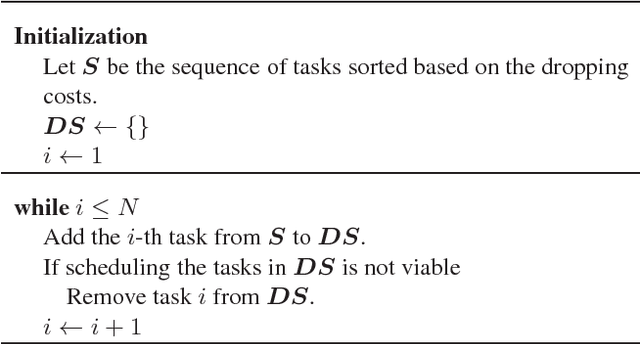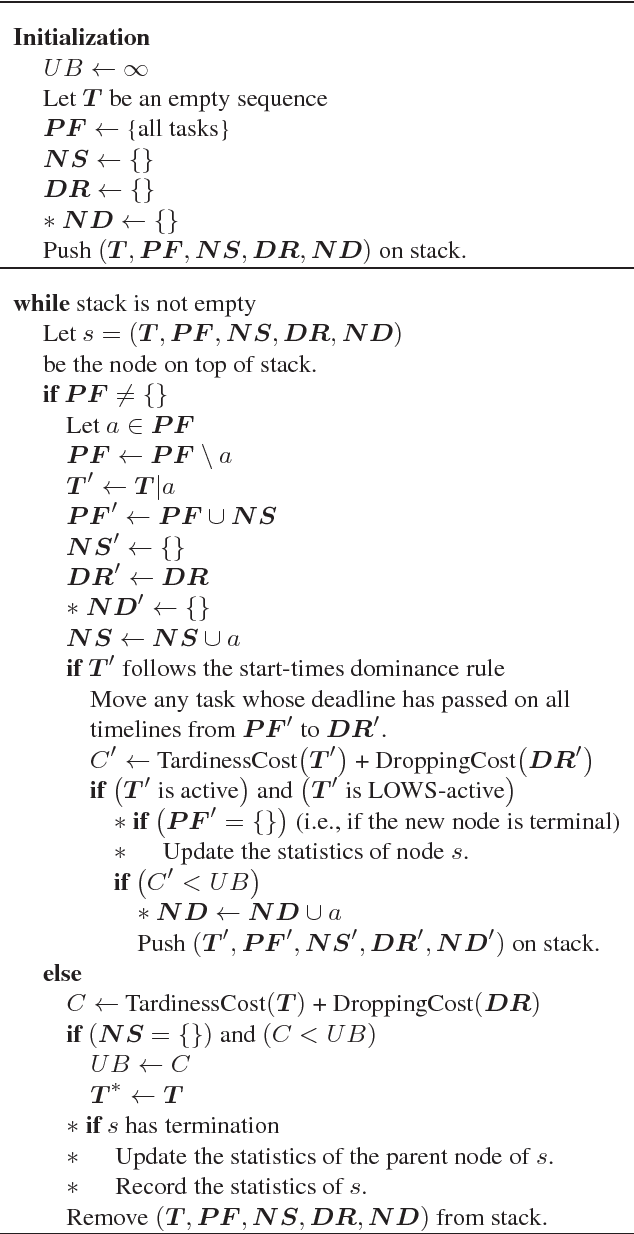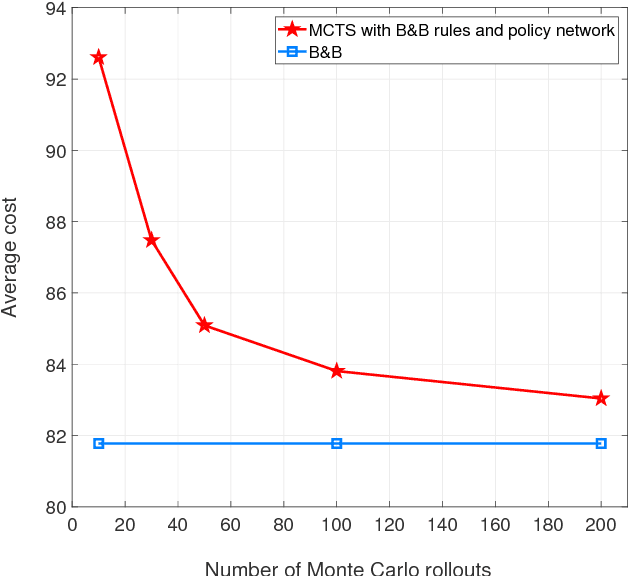Raviraj S. Adve
Multifunction Cognitive Radar Task Scheduling Using Monte Carlo Tree Search and Policy Networks
May 18, 2018



Abstract:A modern radar may be designed to perform multiple functions, such as surveillance, tracking, and fire control. Each function requires the radar to execute a number of transmit-receive tasks. A radar resource management (RRM) module makes decisions on parameter selection, prioritization, and scheduling of such tasks. RRM becomes especially challenging in overload situations, where some tasks may need to be delayed or even dropped. In general, task scheduling is an NP-hard problem. In this work, we develop the branch-and-bound (B&B) method which obtains the optimal solution but at exponential computational complexity. On the other hand, heuristic methods have low complexity but provide relatively poor performance. We resort to machine learning-based techniques to address this issue; specifically we propose an approximate algorithm based on the Monte Carlo tree search method. Along with using bound and dominance rules to eliminate nodes from the search tree, we use a policy network to help to reduce the width of the search. Such a network can be trained using solutions obtained by running the B&B method offline on problems with feasible complexity. We show that the proposed method provides near-optimal performance, but with computational complexity orders of magnitude smaller than the B&B algorithm.
 Add to Chrome
Add to Chrome Add to Firefox
Add to Firefox Add to Edge
Add to Edge